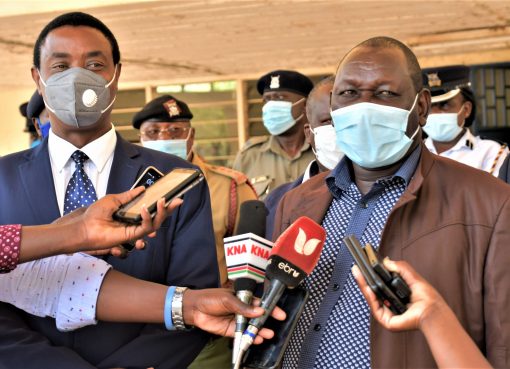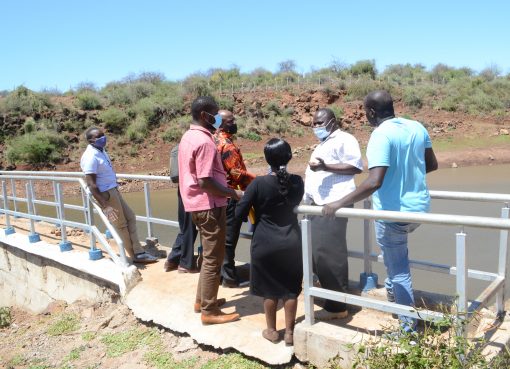Hundreds of youth seeking to secure slots in the Kazi Mtaani programme thronged Migori County Stadium as the government launched the third phase of the multi-million programme countrywide.
A total of 7,471 youths from the ten sub-counties in the region are expected to benefit from the programme as grounds men and women with other 251 to be engaged as supervisors.
Migori County alone will receive over Sh300 million in the sanitation programme within a period of three months that the third phase is scheduled to last. It is planned to cover the months, of June, July and August 2022.
Speaking during the launch of the programme at Migori County stadium, area County Commissioner Mr Meru Mwangi said that the programme is one of the government’s moves to cushion its people from hunger, poverty and unemployment.
The administrator noted that many people were disrupted by the advent of Covid-19, as thousands lose jobs and could not provide for their families.
A number of the youth were hugely affected by the Covid-19 pandemic as many companies stopped operating thus rendering them jobless, Mr Mwangi explained.
According to Mr Mwangi, in Migori County the youths under the Kazi Mitaani programme are going to be involved in unclogging of pavements and drainages, and bush clearing in public places like hospitals and government offices.
Other activities will include the expansion of pavements along the footpaths, garbage collection and disposal, seedling production and tree planting, and landscaping among other environmental beautification activities.
All these activities including community sensitization on hygiene will be carried out across major towns in Migori County namely Migori, Awendo, Uriri, Kehancha, Isebania and Rongo town among others.
The commissioner however noted that the government has increased the number of entries as compared to the first and second phase of the programme while targeting majorly informal settlements which he says were adversely affected.
He added that, other than the youth, people living with disabilities were also targeted in the recruitment process and also single mothers with aim of increasing their income sources.
Migori County Director of Housing Ms Linet Nyakiti, whose department is the main implementer, stated that the recruitment process was extended to the village level as opposed to the previous phases that only saw major towns and market centres benefit.
This is to ensure every individual at the remote locations is given a fair opportunity to take part in the activity, she explained.
Ms Nyakiti however categorically stated that the shifts for the third phase will be divided into nine working days with every worker earning a total of Sh455 while supervisors earning Sh505 respectively.
By Polycarp Ochieng and George Agimba





